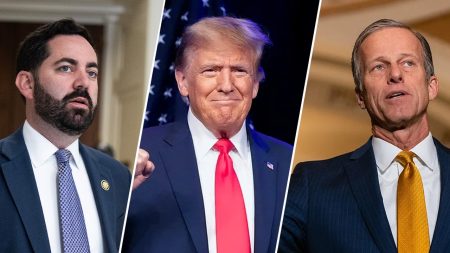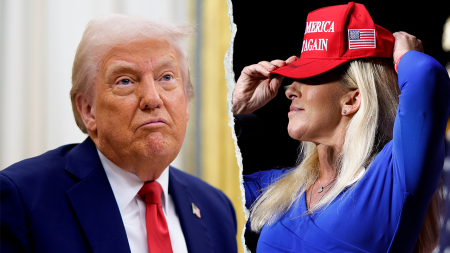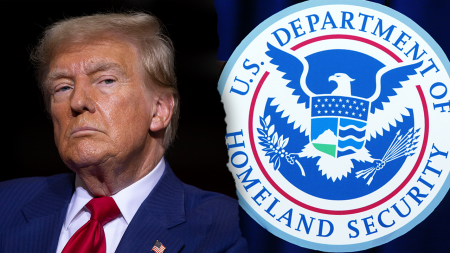The political landscape of North Carolina is ablaze with controversy over a proposed shift in gubernatorial power concerning the state’s Board of Elections. This power struggle, unfolding concurrently with the federal appointment debates in Washington, D.C., centers around a bill initially presented as hurricane relief legislation, but laden with provisions that transfer authority over election board appointments from the governor to the state auditor. This move, orchestrated by the Republican-controlled legislature, is viewed by Democrats as a blatant power grab, particularly given the recent electoral outcomes where the GOP secured the auditor’s office but failed to win the governorship.
The controversy escalated dramatically in the state Senate during the veto override vote. As senators prepared to vote, vocal protests erupted from the gallery, condemning the bill as voter suppression and an unconstitutional restructuring of state power. Lt. Gov. Mark Robinson, presiding over the Senate, responded by ordering the gallery cleared, amidst further cries of protest and accusations of undermining the democratic process. This forceful action underscores the heightened tensions and deep divisions surrounding the proposed legislation, highlighting the perceived threat to the balance of power within the state government.
The core of the dispute lies in the interpretation of executive authority and the governor’s role in the execution of laws. Proponents of the bill argue that the governor’s authority doesn’t encompass all aspects of law enforcement, and that other elected executive officials, such as the state auditor, have independent responsibilities in executing specific laws. They contend that transferring appointment powers to the auditor’s office does not infringe on the executive branch’s authority but rather redistributes responsibilities within that branch. Opponents, however, view the move as an encroachment on the governor’s inherent power to oversee and manage the execution of laws, including the appointment of officials crucial to election administration.
The implications of this power shift extend beyond mere administrative reshuffling. Control over the Board of Elections carries significant weight in shaping election procedures and potentially influencing election outcomes. The current Democratic majority on the board would be subject to change under the new structure, with the state auditor, a Republican, gaining the power to appoint members and county chairpersons. This shift has raised concerns about potential partisan influence over election administration, fueling accusations of voter suppression and undermining the integrity of the electoral process.
The legal battle surrounding this issue is further complicated by previous court rulings that have addressed similar attempts to shift appointment powers away from the governor. These rulings, in cases like Cooper v. Berger and McCrory v. Berger, have established precedents that limit the legislature’s ability to infringe on the executive branch’s authority in appointment matters. The current controversy raises questions about whether the proposed transfer of power to the state auditor would similarly violate the principle of separation of powers and impinge on the governor’s constitutional prerogatives.
The future of this contentious bill hinges on the upcoming vote in the state House, where its fate remains uncertain. While the Senate successfully overrode the governor’s veto, the House faces a potential roadblock due to the opposition of three Republican representatives. These representatives, hailing from hurricane-affected areas, initially voted against the bill, citing its lack of direct financial aid for their constituents. Their continued opposition could prevent the House from reaching the required threshold to override the veto, potentially derailing the GOP’s plan to reshape the state’s election board structure. The political maneuvering and legal wrangling surrounding this bill highlight the profound implications of this power struggle for the future of election administration and governance in North Carolina.










